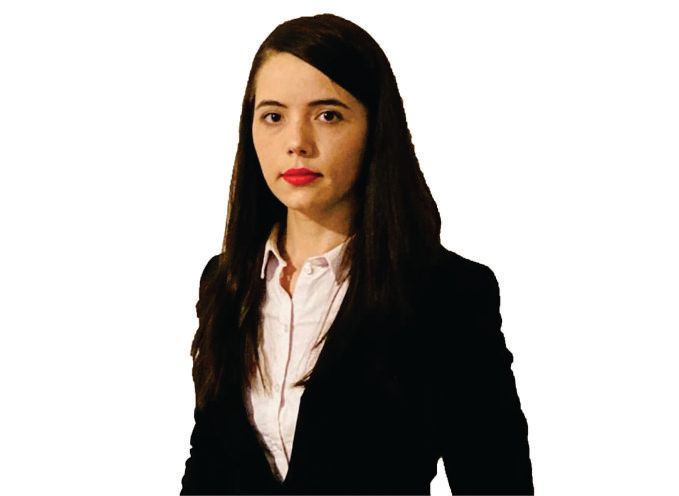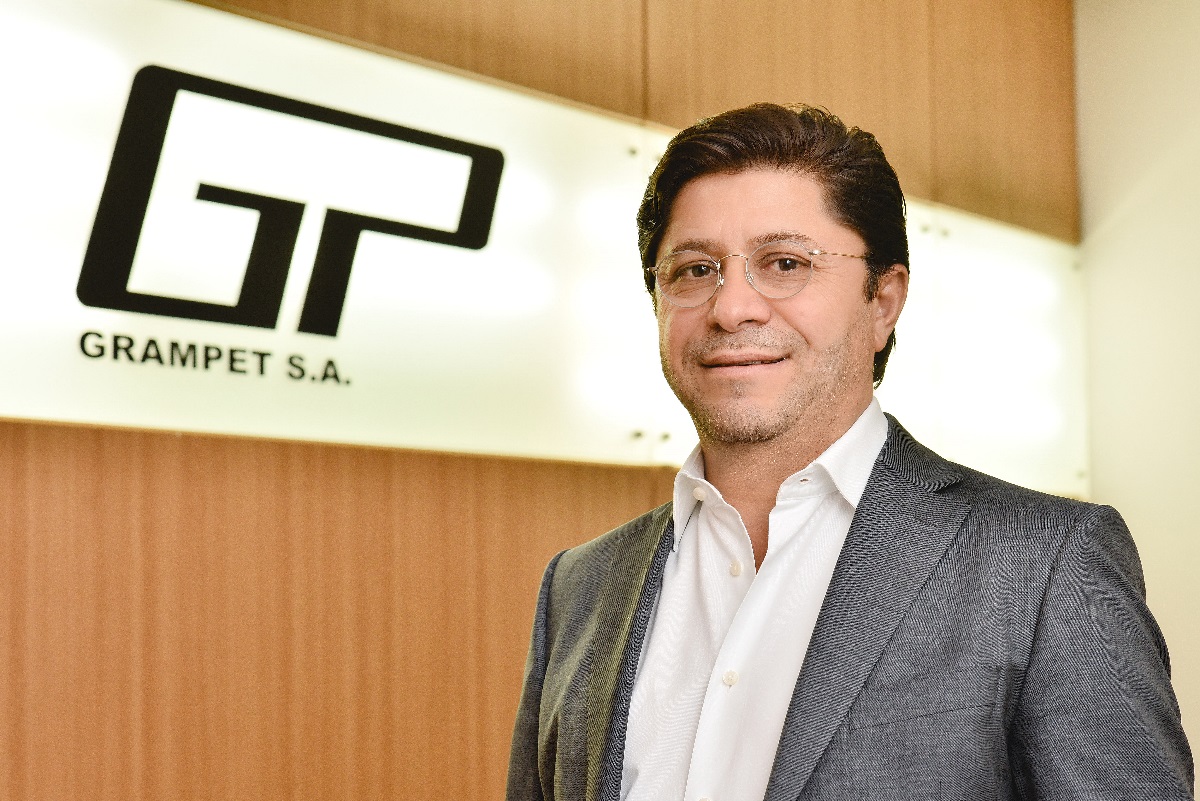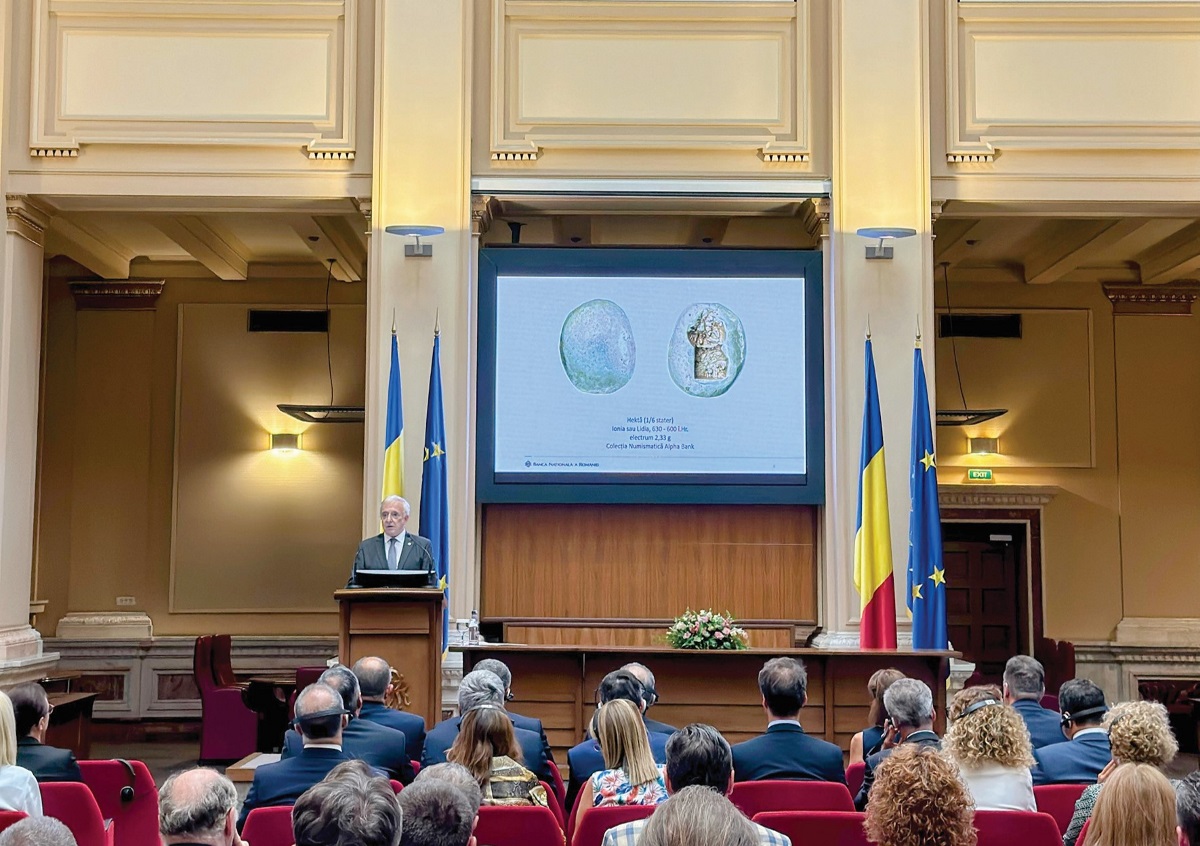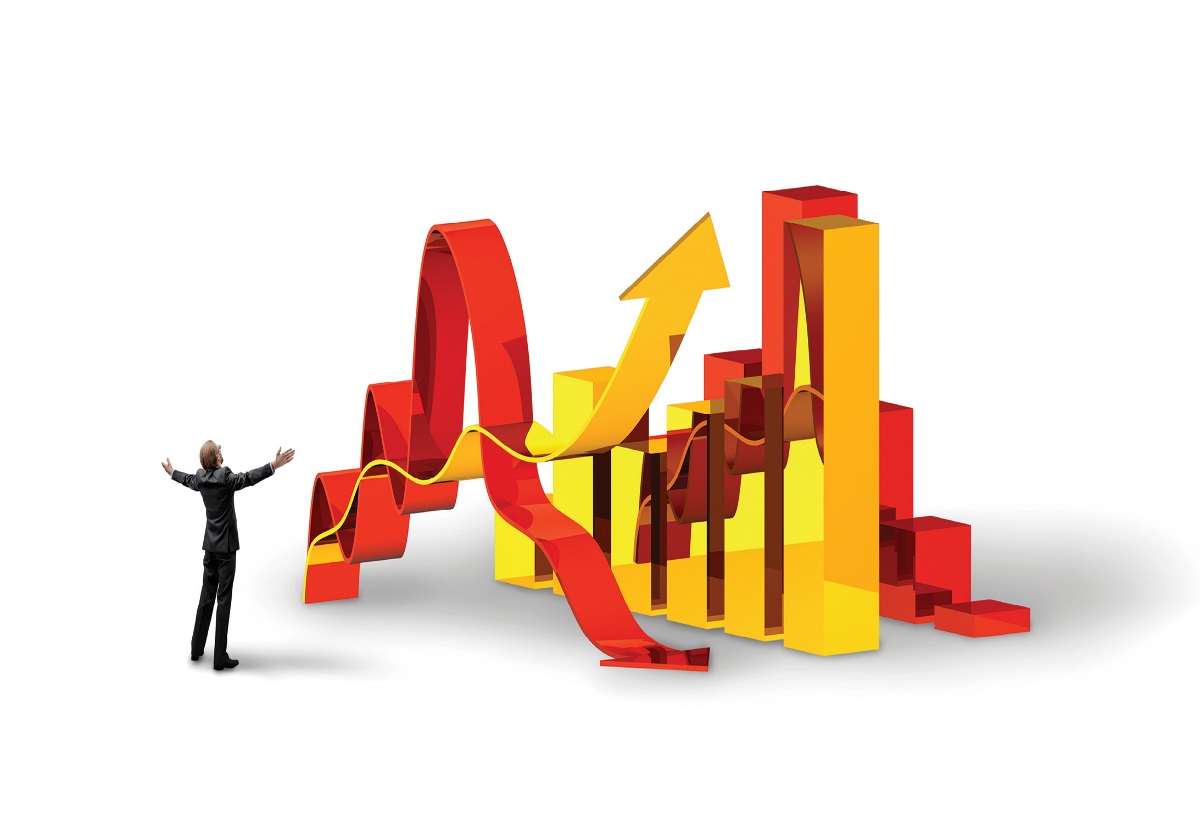
Responsibility in waste management
Author: Mihaela-Luminița Popa, Avocat Colaborator SCA SIMION, NERE & IORDACHE
Following the more and more advanced industrial and social processes producing large waste quantities, gradually, at national and international level, strategies and plans related to waste management have been developed, mainly aiming to avoid waste formation, their capitalisation and lastly, their removal.
In compliance with the requirements of the Directive 2008/98/EC of the European Parliament and of the Council of 19 November 2008 on waste and repealing certain Directives, the first goal of any policy related to wastes should be to reduce to a minimum the negative effect of waste production and management, on public health and environment. The policy related to wastes should follow up on resources’ consumption reduction and to facilitate waste hierarchy implementation.
State members must recover and dispose of waste in a way that does not harm public health and environment, forbidding the uncontrolled abandonment, dump or exhaust of wastes. Wastes should be treated so that they do not put the water, air, soil, plant and animals at risk, without causing discomfort because of the noise or smells and without affecting the landscape or other special interest areas.
The European Union’s intention is to accelerate the transition towards a circular economy, based on the high-efficiency level of resources, waste reduction and high recycling rates in all sectors.
Environmental protection represents maybe one of today’s most discussed topics, as it presents challenges difficult to manage, because of their complexity.
European Commission decided in 2017 to take Romania to court at the Court of Justice of the European Union because authorities failed to close down 68 municipal storages of non-compliant waste which represented a serious risk to public health and environment.
Last year, the European Commission sent several formal notices to Romania, asking among others to close down, seal and restore from an ecologic point of view an important number of waste storages that benefited from the transition period following the the Accession Treaty of Romania to European Union.
Thus, it is apparent that similar to other European countries, Romania has management difficulties regarding waste capitalisation and disposal.
We consider that such issues could be settled mainly by guaranteeing an efficient implementation of the related legal requirements. Moreover, we believe that responsible use of resources could lead to achieving the results targeted by society.
Considering the importance of the topic related to efficient waste management and implicitly the environmental protection, all involved decision-makers need to do their best to fulfil the objectives outlined by the European Commission.
Law firm Simion, Nere & Iordache has been offering for several years now legal counselling in the performance technology field, as part of large projects employing sustainable building and environment-friendly principles, of new equipment, electrical and electronic technologies, in sectors such as water, leached treatment as well as the development of an integrated and sustainable waste management. The quality of the legal support we offer our clients in the above-listed sectors has led to the highest business solutions standards.
Share
Share















